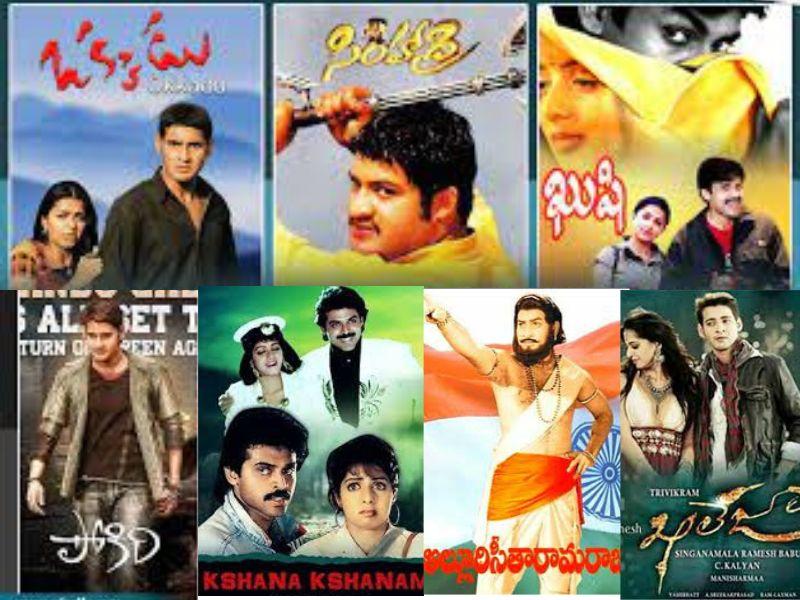The clash between industries, particularly when it comes to film releases, often sparks immense excitement and discussions among cinephiles. In the recent clash between the Telugu film industry’s much-anticipated “Salaar,” led by the iconic Prabhas, and Bollywood’s offering “Dunki,” featuring the Baadshah himself, Shah Rukh Khan, the stakes and anticipation were undeniably high.
Prabhas, a colossal figure in Indian cinema, has garnered a massive global following, courtesy of his groundbreaking performance in the “Baahubali” series. His latest venture, “Salaar,” helmed by the visionary filmmaker Prashanth Neel, promised to be a game-changer. The fervor surrounding this project was unparalleled, with fans eagerly awaiting Prabhas’ portrayal of a character veiled in mystery and intrigue.
On the other hand, Shah Rukh Khan, the epitome of Bollywood charm and charisma, returned to the silver screen with “Dunki.” This offering carried the signature elements of a Shah Rukh Khan movie – romance, drama, and the star’s magnetic presence. Given the fervent fanbase of SRK and his ability to captivate audiences, expectations were soaring for “Dunki.”
However, when the dust settled post-release, it became apparent that “Salaar” had struck a chord much deeper than just regional boundaries. Prabhas’ magnetic screen presence, coupled with Prashanth Neel’s directorial brilliance, created a cinematic marvel that transcended language barriers. The film’s gripping narrative, high-octane action sequences, and Prabhas’ enigmatic performance left audiences spellbound.
Meanwhile, “Dunki,” though carrying the unmistakable Shah Rukh Khan allure, faced an uphill battle against the sheer force of “Salaar.” The movie garnered attention, especially among SRK loyalists, but it struggled to match the fervor generated by Prabhas’ blockbuster. The clash, while exciting for cinephiles, highlighted the growing influence and dominance of regional cinema in the larger Indian film landscape.
The success of “Salaar” not only underlined Prabhas’ star power but also emphasized the strength of storytelling and filmmaking prowess present in the Telugu film industry. It marked a significant milestone, showcasing how regional cinema, backed by exceptional content and performances, could outshine big-ticket Bollywood releases.
In the end, the clash between “Salaar” and “Dunki” served as a testament to the evolving dynamics of Indian cinema. While both films had their strengths, it was evident that “Salaar” had carved its place as a frontrunner, not just in the Telugu film industry but in the larger landscape of Indian cinema. Prabhas’ Salaar stood tall, setting new benchmarks and reigniting discussions about the power of regional cinema on a national scale.
Follow Telugu Funda on trending Social Media Platforms for more Telugu cinema and OTT updates.










